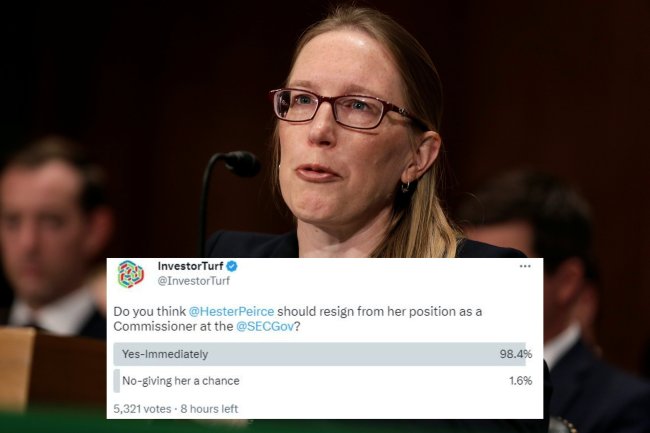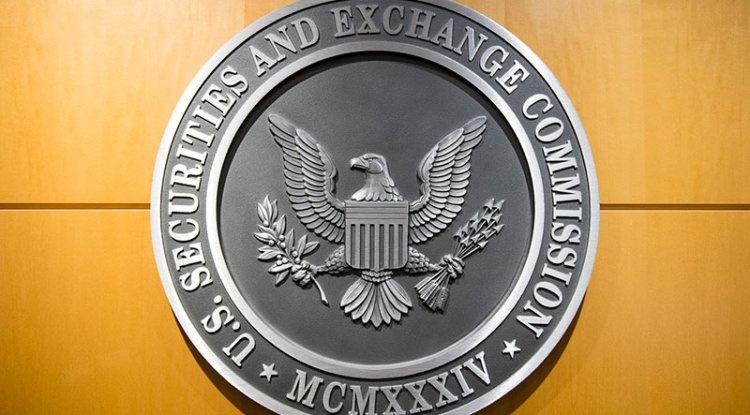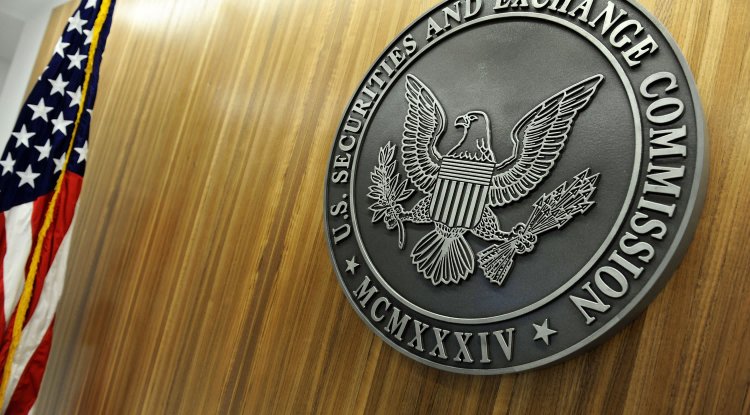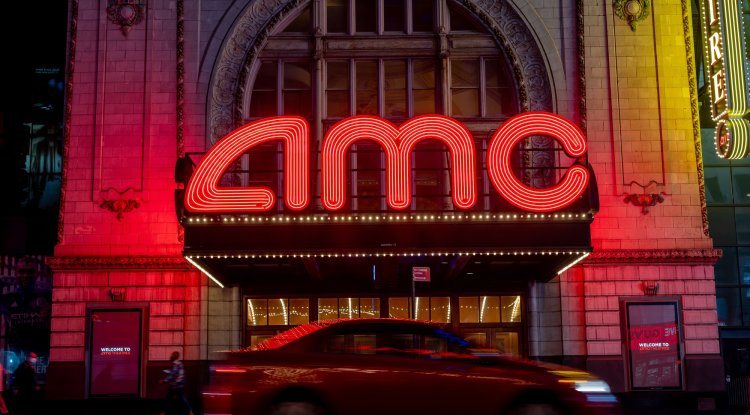Investors calling for CEOs to Fight Naked Short Selling Like GNS
Lawyers for Genius discovered evidence that certain individuals and/or companies appear to have sold but not delivered a "significant" number of the company's shares "as part of a market manipulation scheme seeking to artificially depress the price of the company's ordinary shares."
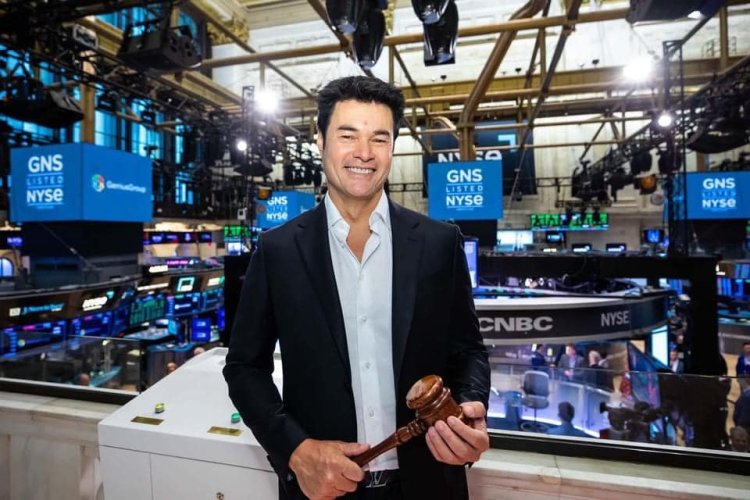
The stock of Singapore-based edtech Genius Group (NYSE:GNS) rose as much as 206% after the company announced a special dividend and the possibility of a stock buyback, reverse stock split, and/or dual listing to combat suspected manipulation of its ordinary shares.
Genius' lawyers discovered evidence that certain individuals and/or companies appear to have sold but not delivered a "significant" number of the company's shares "as part of a market manipulation scheme seeking to artificially depress the price of the company's ordinary shares." It went on to say that it was collaborating with government regulators on the issue.
The company also stated that it has formed an investigation task force led by Genius director and former FBI Deputy Director Timothy Murphy, as well as company director Richard Berman and Genius CEO and Chairman Roger Hamilton. Genius is also considering legal action against those involved in the scheme.
"They're predators. "They're doing something illegal, and we want it to stop," says GNS CEO Roger Hamilton.
The Company has been in contact with government regulatory authorities and is sharing information with them to assist them.
Retail investors on social media are rallying behind Genius Group CEO Roger Hamilton's efforts to expose and eliminate manipulative short selling.
Concerns have been raised by the retail community about dark pool trading, OTC trading, and naked short selling in prominent companies such as AMC Entertainment and GameStop.
Illegal naked shorting is one of Wall Street's dirty little secrets.
These techniques, which have been in use for many years, have resulted in Wall Street defrauding the American public out of trillions of dollars. Numerous new businesses were forced out of business as a result of the process. Related: How wall street creates Counterfeit shares
Why this is important?
This issue affects the investing public. It affects the majority of Americans, whether invested directly in the stock market or through mutual funds, IRAs, retirement or pension plans that hold stock. The participants in this fraud, which, when fully exposed, will make Enron look like child's play, have been very successful in maintaining a veil of secrecy and impenetrability. Congress and the SEC have unknowingly (?) assisted in keeping the closet door shut. When unexplained drops in stock price are chalked up to "market forces," the public rarely knows when its pocket is being picked.
The most frequently targeted stocks are those of emerging companies that went public to raise start-up capital. Small businesses are responsible for bringing the vast majority of innovative new ideas and products to market, as well as creating the vast majority of new jobs in the United States. Over 1000 of these emerging companies are estimated to have gone bankrupt or had their stock driven to pennies by predatory short sellers.
Who participates in this fraud ?
The participants believe that it is much easier to make money tearing down companies than it is to build them up, and they are divided into two groups.
1) They are involved in the production of the counterfeit shares that serve as the currency of the fraud, and/or 2) they actively short companies. The counterfeiting of shares is carried out by participating prime brokers or the DTC, which is owned by the prime brokers.
A number of lawsuits involving naked shorting have named ten prime brokers as defendants, including Goldman Sachs, Bear Stearns, Citigroup, Merrill Lynch, UBS, and Morgan Stanley. In addition, the DTCC has been named in a number of lawsuits alleging stock counterfeiting.
The identity of the shorts is somewhat elusive because the shorts conceal their true identity by hiding behind prime brokers and/or offshore domiciled shell corporations.
The money is frequently laundered through banks in a number of tax haven countries before reaching its ultimate beneficiary in New York, New Jersey, San Francisco, and so on. Some hedge fund managers who are notorious shorts are open about their shorting, despite the fact that they frequently use offshore holding companies to avoid taxes and scrutiny.
Most prime brokers have multiple offshore subsidiaries or captive companies that actively participate in shorting. The prime brokers also facilitate the shorting of some well-known investors.
What's Your Reaction?








